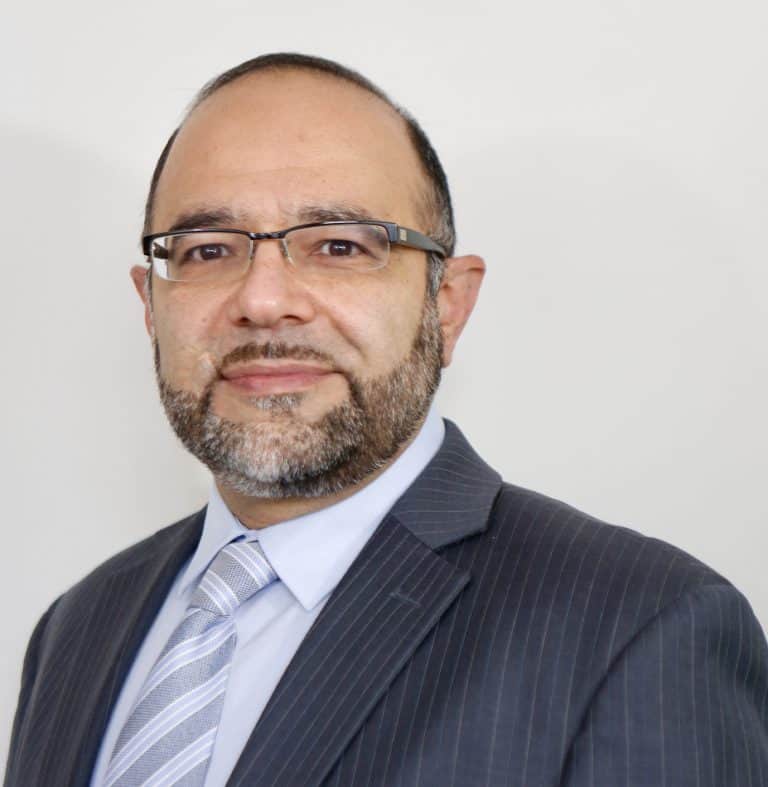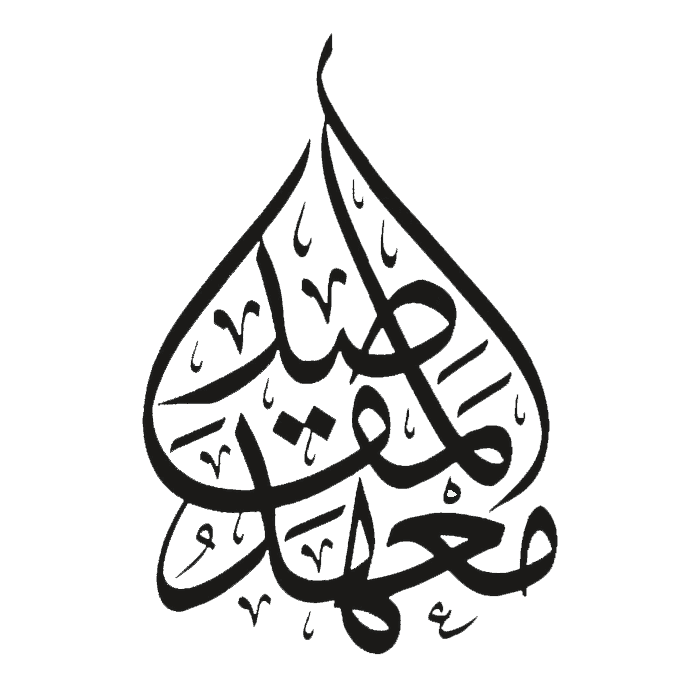Re-imagining Economics: Transdisciplinary Approach
This course guides knowledge seekers & researchers to approach the revelation (Quran & Sunnah) for perspective and answers to address economic phenomena. Learners will utilize the Maqasid Methodology, an original and comprehensive understanding drawn from revelation through contemporary study. This course also addresses the limitations in contemporary Islamic studies, which have had a significant impact on how Islam is understood and practiced. The focus will be on an application in the economic, finance and banking fields.
Live Online Course
March, 2024
June, 2024
3 Months
54 hours (18 hrs Live sessions, 36 hrs recommended self-learning)
195 US $
A fee waiver applicable for selected applicants
Advanced
English
Instructor

Zaid Barzinji
MI Executive Director
Zaid obtained his Ph.D. in Economics, specializing in the International monetary system, from the University of Utah and his Bachelor in Islamic Economics from the International Islamic University Malaysia. He is a commentator on business and economic affairs at several major media outlets. His current research interests are focused on developing a maqasid approach to sustainable development, artificial intelligence, and global strategic studies. He is also a member of the International Union of Muslim Scholars and the International Islamic Fiqh Academy.

Ildus Rafikov
MI Deputy Executive Director
Ildus holds a Ph.D. from ISTAC/IIUM in Philosophy, Ethics, and Contemporary issues with a special interest in Islamic economics, banking, and finance, history, and education. He also holds a Chartered Islamic Finance Professional (CIFP) degree in Islamic banking and finance from the International Center for Education in Islamic Finance (INCEIF), Kuala Lumpur, and a bachelor’s degree in Communications from IIUM.
Course Description
The course consists of 6 units divided into 9 live sessions. There are 12 asynchronous online video lectures (50 minutes each) by Prof. Jasser Auda, with study materials available online via MI’s learning management system.
Who is this course for?
- Students and professionals in the economics, finance and banking sectors.
- Those looking to learn how to develop authentic Wahy (revelation) based Islamic perspectives on current economic challenges.
- Those interested in contributing to a new understanding and knowledge to address current challenges.
- Those interested in contemporary tajdid (renewal) and Islah (improvement) and how Islam can make a positive difference.
Course Outcomes
- 1. Understand the impact of the limitations of contemporary approaches on thought, practice, and Islamic scholarship, especially in the field of economics & finance.
- 2. Understand the future, critical, and comprehensive orientations that represent paradigm shift required at all levels.
- 3. Apply the methodology to critical economic challenges and phenomena impacting our lives and the welfare of the planet.
- 4. Formulate and design personal economic research agenda in accordance with the maqasid methodology.
Assessments
- Reflection essay: Learners are required to produce a reflection paper (500-750 words) after each unit recounting what they learned, and offer a critical analysis of the information shared in that unit.
- Final assignment: The final project is to write an assignment of about 3,000-5,000 words on any topic related to the contents of the course. The assignment can be written in the form of a scientific journal article suitable for publication (e.g. JCMS).
Certificates
- A Certificate of attendance will be available to those who have completed 80% of the lectures and exercises.
- Learners who complete all course requirements (reflection exercise, forum participation, and submit a short paper (4-7 pages) will be awarded a Certificate in Applied Maqasid.

